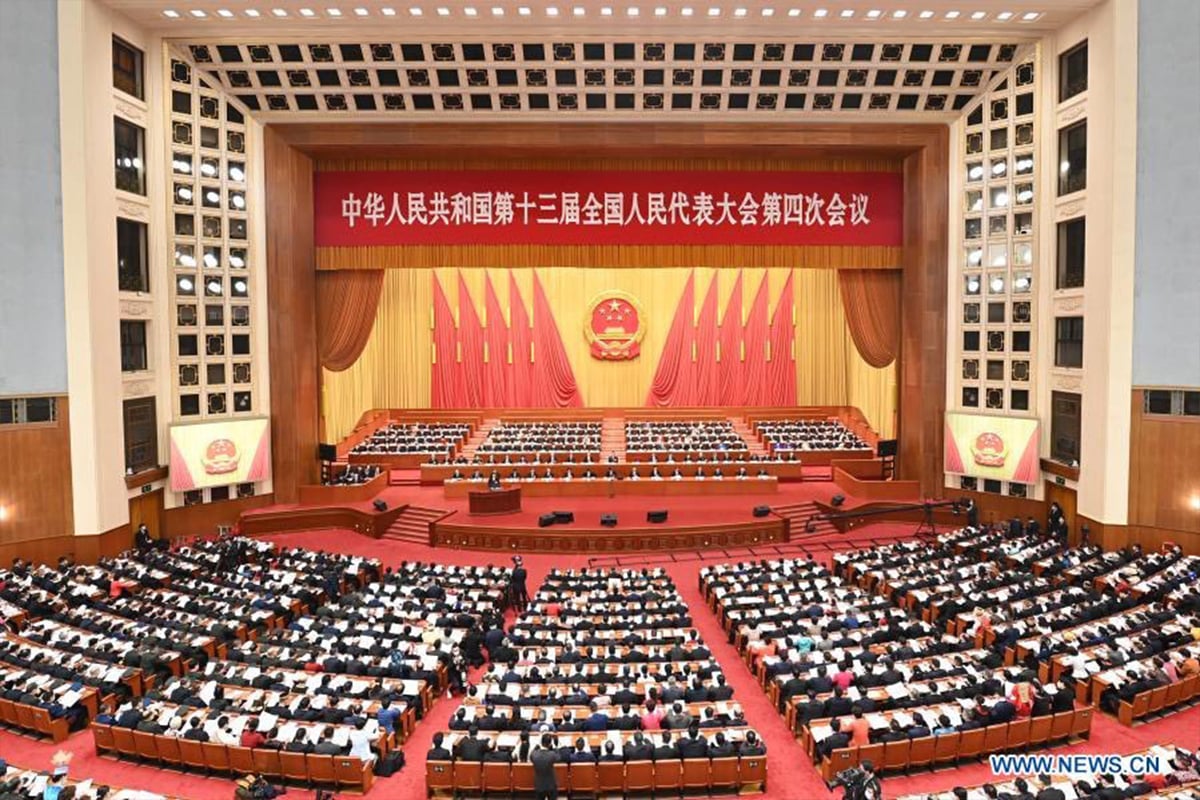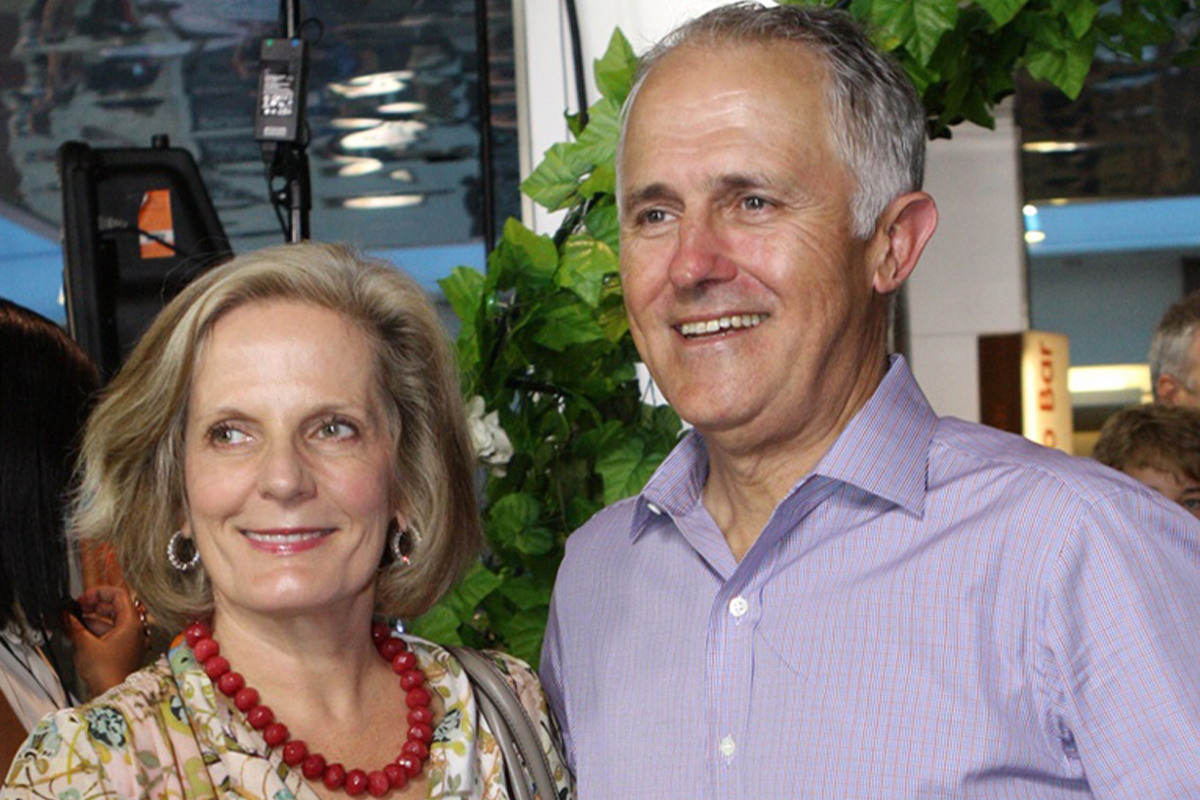London is so 2015. In fact, as far as history, nightlife, fine dining and the reigning hub of European finance and banking are concerned, the UK capital really hasn’t been the same since a few summers ago. And sadly, since the triggering of Article 50 of the Lisbon Treaty in March of 2017,
it’s looking like Old Blighty, and the rest of the world for that matter, might never be the same again.
With the US retreating into protectionism and isolationism under President Trump’s America First rhetoric, the rest of the world is taking advantage of an opportunity to negotiate lucrative new trade deals with two powerful entities. China is ready to step in, where the UK has stepped down – offering to build a so-called New Silk Road with Germany and the rest of the European Union.
In fact, China is now Germany’s most significant trade partner, with 5,200 German businesses currently active there. But Germany’s anxieties are high that Chinese firms will attempt to take over key businesses that create unique technologies and thus weaken the European country’s international competitiveness – which is why its government is quickly legislating to implement new regulations that prevent this from happening.
Never one to put all its eggs in one basket, however, this explains why China is also enthused about strengthening its relationship with the UK through more advantageous free-trade deals.
“Brexit will pave a new path for free trade between China and the UK,” Li Ruogu, former chairman of the Export-Import Bank of China, said at the Boao Forum held in China this year.
Ruogu’s hopes lie with market reforms and the restructuring of government-owned enterprises
in the subsequent phase of economic development, opening up new financing opportunities with the UK.
Australia’s view
Australia, too, is looking to capitalise on the chaos. In a joint press conference with British Prime Minister Theresa May in July this year, Prime Minister Malcolm Turnbull also said that he would be seeking an EU trade deal before securing one with the UK.
“Once Brexit is achieved, we look forward to speedily concluding a free-trade agreement. At the same time, we are looking forward to the early conclusion of a free-trade agreement with the EU.” What these trade deals and negotiations will inevitably look like is in the lap of the gods.
But one thing is for certain: the moment the British people – or more accurately their carefully
crafted Eurosceptic party coalition and its millions of octogenarian supporters – decided that they had had enough of what many saw as Brussels’ overreach, they unknowingly started a domino effect of what is now being called a ‘Brexodus’ (EU workers leaving the UK). And while British politicians have made an Olympic sport out of delaying the bitter details of divorcing itself from the EU, the race to absorb London’s banks and businesses has long begun.
Which city will reign?
There are several European cities that will take over the reins of the European banking empire when Britain officially exits the bloc in March 2019. There are eight candidates to choose from: Frankfurt, Vienna, Luxembourg, Paris, Dublin, Brussels, Warsaw and Prague all threw their hats in the ring for the European Banking Authority (EBA).
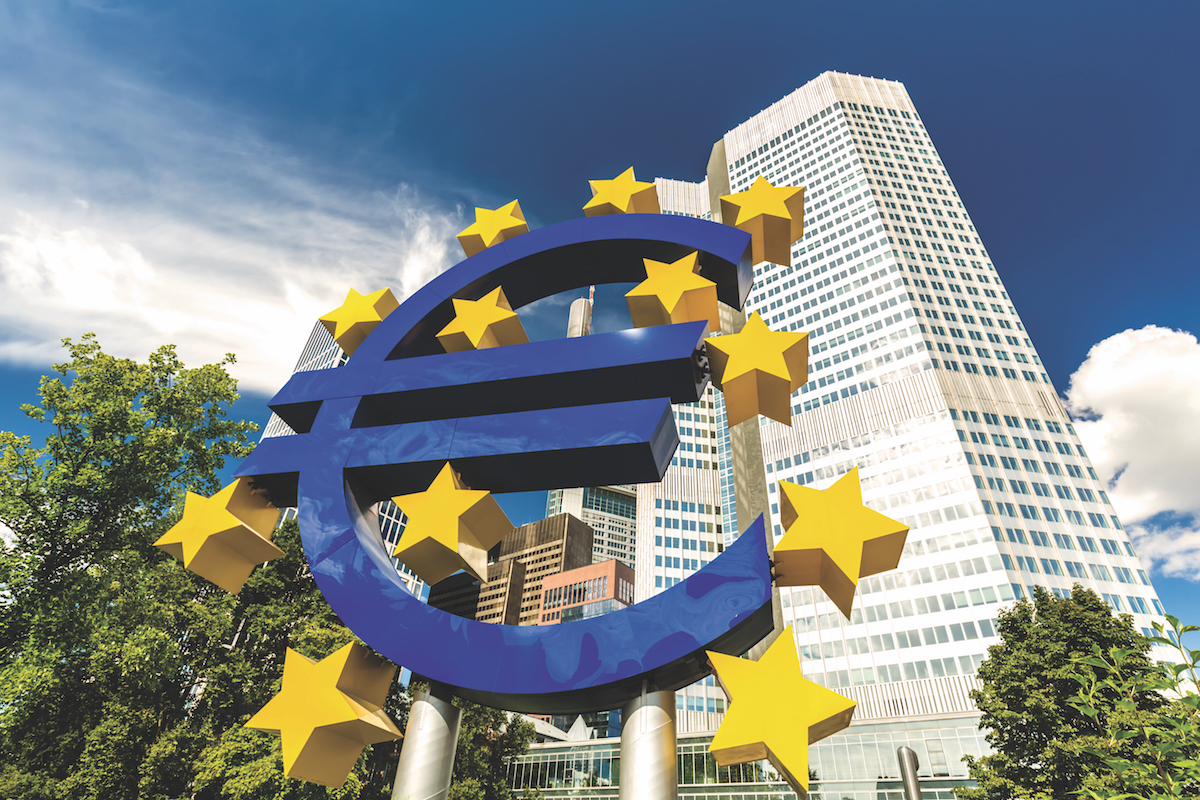
But not all contenders are created equal, and compensatory measures dictate that ‘geographical balance’ will be at the heart of the EBA’s decision to choose a successor. This will ensure that cities with a substantial number of EU institutions already are not handed more. Luxembourg and Brussels have the lion’s share of EU bodies between them, for example, and Paris already houses the prevailing European Securities and Markets Authority.
Germany is refuge to a whopping three major EU bodies: the European Insurance and Occupational Pensions Authority, the European Aviation Safety Agency and, of course, the European Central Bank. Eastern Europe has never been a friend of the EU, something officials have made known for quite some time, and even more of an adversary as of late.
Increasing nationalist sentiments in Poland, for example, are behind the 2016 decision to nationalise all major media outlets, a move that doesn’t exactly charm the other EU members.
Brexit re-cap
On Thursday 23 June 2016, a referendum was held to decide whether the UK should leave or remain in the European Union. Leave won with 51.9% compared with 48.1% who voted stay.
The referendum turnout was 71.8% of the population, with more than 30 million people voting. There
has been talk of a second referendum, but British Prime Minister Theresa May has put paid to
this idea. Brexit is due to be finalised on 29 March 2019.
Vienna leads the charge
With this in mind, Vienna is looking increasingly competitive. Mercer’s ‘Quality of Living’ survey has put the Austrian capital at the top of its list eight years in a row. Based on infrastructure, political stability, schools, healthcare and accessibility to social programs, Frankfurt ranks seventh on the list, and London appears to be hitting its midlife crisis at 40.
With its immaculately clean streets and breathtaking architecture, the home of Gustav Klimt is a world away from the monochromatic palette of cities like Frankfurt and Dublin. It’s home to some of Europe’s finest museums, most aesthetically lush palaces, and artisanal cream-based desserts, with a collection of patisseries that give Frankfurt and its sour-cheese delicatessens a run for their money.
As far as quality of life is concerned, Vienna is difficult to beat. Perhaps that’s why British budget airline easyJet has picked it for its new headquarters, even setting up a brand-new airline, easyJet Europe, in Vienna. Though the move would not affect its 6,000 UK-based employees, relocating operations to Austria would give the airline an opportunity to obtain the EU-member operator certificate needed to continue servicing flights between the EU and the UK – a move that will cost it an estimated £10 million.
“While the new structure will protect all of easyJet’s current flying rights within Europe, easyJet will continue to push for the UK and EU to reach an aviation agreement which, at a minimum, will enable flights between the UK and EU,” the company said in a statement last year.
Frankfurt’s credibility
But for all of its appeal, Vienna was always fighting an uphill battle against its German big brother, Frankfurt. Frankfurt may already have several significant EU institutions in its possession, but that fact has worked in its favour, not against it. In fact, (soon-to-be) former German Finance Minister Wolfgang Schäuble dedicated the twilight months of his tenure to securing that position before leaving office.
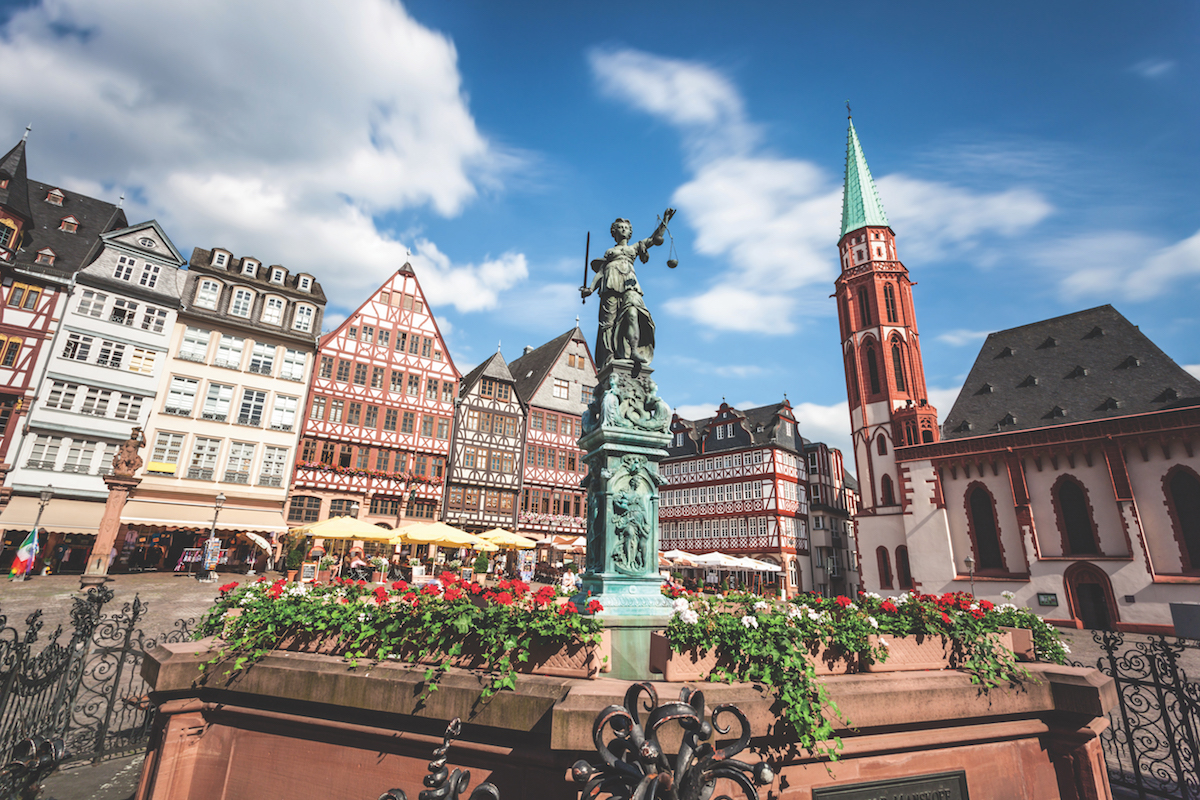
In the bid to acquire London’s banking institutions after Brexit, he wrote in Germany’s EBA application that Frankfurt’s (debatably) rich cultural scene and established financial institutions make it “an all-in-one feature compared with all other financial centres”.
Frankfurt may not have the old-school charm of downtown Vienna, because all of that was bombed out of it during World War II, but it does have something significant that Vienna does not: street cred.
Even before the EBA decision in November, Frankfurt was already emerging as the most popular destination for a number of financial institutions such as Morgan Stanley, Citigroup and Japanese company Nomura Holdings Inc. So far, more than 3,000 banking and finance jobs from entities like UBS, Goldman Sachs and Bank of America have already announced their intention to move to Frankfurt, with just over half that number moving to Paris and just 150 heading to Dublin.
And with BaFin – seen by many as the only regulator outside London capable of handling the banks’ complicated derivatives business – also located in Frankfurt, it seems the most likely choice to welcome London’s €1.8 trillion worth of financial assets.
But this city has one thing working against it – namely, that it’s Frankfurt. The cluster of skyscrapers that replaced its pre-war skyline hardly compares with the art-nouveau setting of Vienna or the charming gloom of Dublin. The fact is that Frankfurt is full of hardworking, intelligent banking and finance professionals – but very little else.
Decision time
While it makes the most sense for banks to choose this aesthetically mediocre city as its new hub, the rest of the world’s start-up culture, retail businesses and investment hubs are busy weighing up their options.
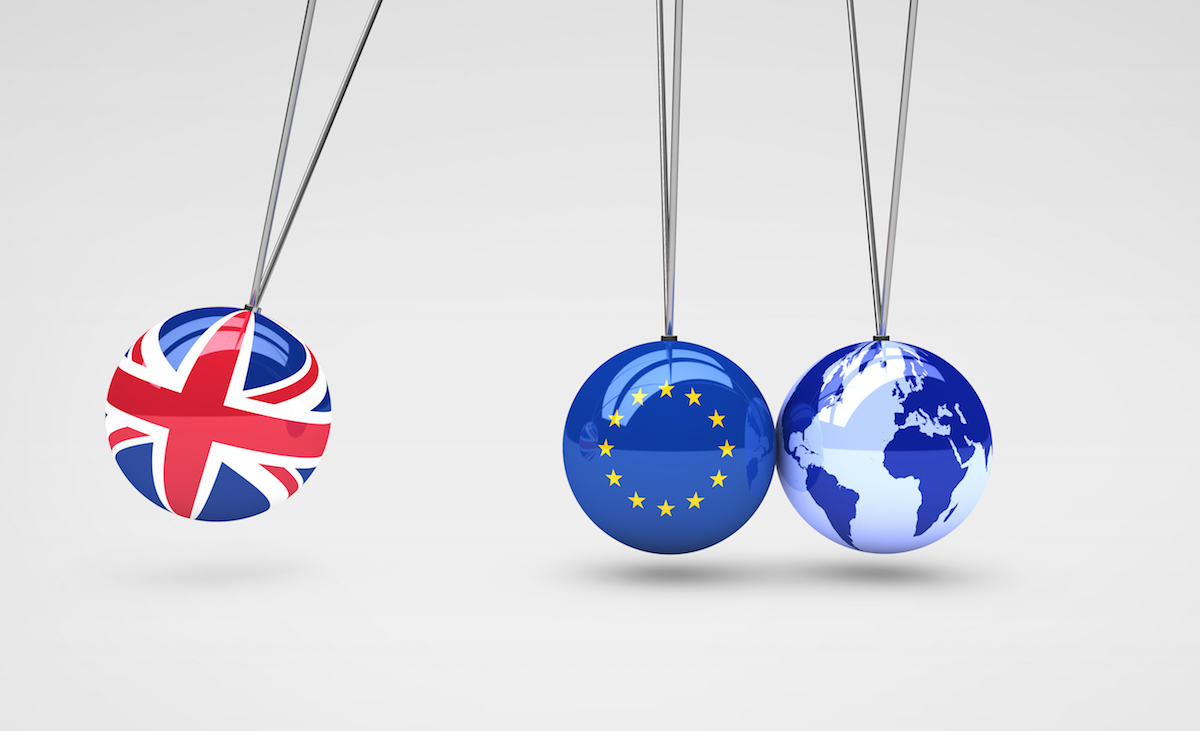
In fact, the UK was the number two foreign investment destination for Australia, after the US,
with entities like Westfield, AMP and Future Fund in possession of major investments in the form of various bustling shopping locations and ports. This makes sense not just on a financial level, but a historical one – Australia shares more in common with the UK culturally than it does with any other country.
From a common language to World War II, to the two countries’ stubborn love of cricket and rugby, the negotiation process could either strengthen or sabotage a longstanding relationship between two post-colonial allies.
But as relationships across the world reconfigure themselves in one of the most extraordinary economic shifts in modern history, this will be an opportunity to redefine national identities and establish new alliances. While it looks like no one city can replace London, several around the world are keen to take on the job together.


